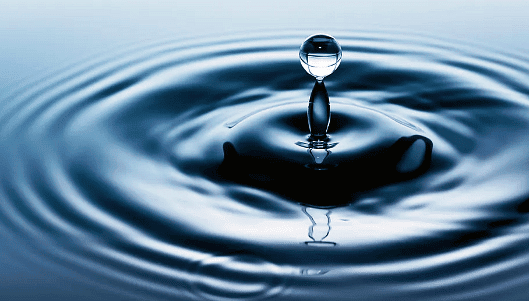Class 2 Exam > Class 2 Notes > Worksheets with solutions for Class 2 > Worksheet: Water - 1
Water - 1 Class 2 Worksheet Science
Q1: Tick (✓) the correct choice
(i) Water can be cleaned using a
(a) water filter
(b) water purifier
(c) both of these
(ii) This is not a container to store water.
(a) Bucket
(b) Tap
(c) Overhead tank

(iii) This is underground water.
(a) River
(b) Ocean
(c) Tube well
Q2: Fill in the Blanks
(i) We should not ___________ water.
(ii) __________ taps should be repaired at once.
(iii) We should drink ___________ water.
Q3: True and False
(i) Water from natural sources have dirt, sand and germs in it.
(ii) We have unlimited supply of usable water on the earth.
(iii) All living things need water to live.
Q4: Short Questions Answer
(i) What is potable water?
(ii) What is the water that gets collected in the ponds, lakes and rivers called?
The solutions of the worksheet "Water - 1"
The document Water - 1 Class 2 Worksheet Science is a part of the Class 2 Course Worksheets with solutions for Class 2.
All you need of Class 2 at this link: Class 2
|
1 videos|456 docs
|
FAQs on Water - 1 Class 2 Worksheet Science
| 1. What is the importance of water for human health? |  |
Ans. Water is essential for human health as it plays a vital role in maintaining bodily functions. It helps regulate body temperature, transports nutrients, aids in digestion, and removes waste. Staying hydrated is crucial for energy levels, cognitive function, and overall well-being.
| 2. How much water should a person drink daily? |  |
Ans. The general recommendation is to drink about 8 glasses (64 ounces) of water per day, but individual needs may vary based on factors like age, activity level, and climate. A common guideline is to aim for approximately half your body weight in ounces to stay adequately hydrated.
| 3. What are the signs of dehydration? |  |
Ans. Signs of dehydration include thirst, dry mouth, fatigue, dark yellow urine, dizziness, and headaches. Severe dehydration can lead to more serious symptoms such as confusion, rapid heartbeat, and fainting, which require immediate medical attention.
| 4. Can drinking too much water be harmful? |  |
Ans. Yes, drinking excessive amounts of water can lead to a condition called hyponatremia, where sodium levels in the blood become dangerously low. Symptoms include nausea, headache, confusion, and in severe cases, seizures or coma. It's important to balance water intake with the body's needs.
| 5. What are some ways to increase water intake throughout the day? |  |
Ans. To increase water intake, try carrying a reusable water bottle, setting reminders to drink regularly, incorporating water-rich foods like fruits and vegetables into your diet, and replacing sugary drinks with water. Adding flavor with lemon or herbs can also make water more enjoyable.
Related Searches





















